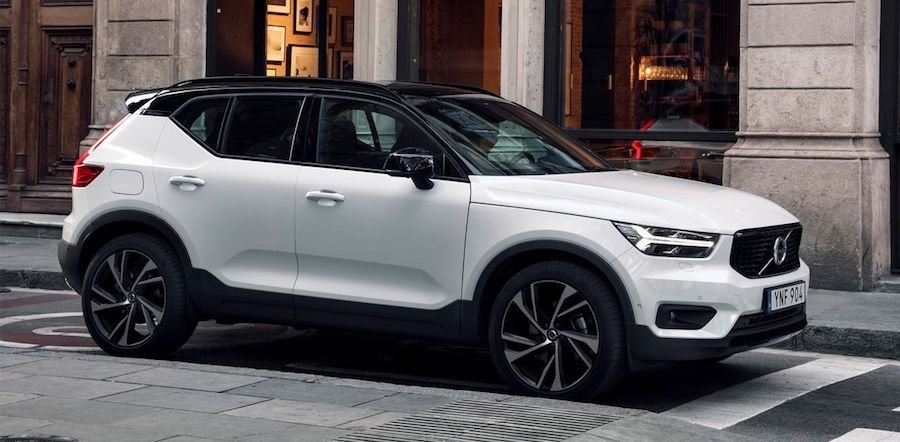Volvo sets goal of 25 percent recycled plastics in cars from 2025

At least 25 percent of the plastics used in new Volvo car models from 2025 will be from recycled materials, the Chinese-owned company said on Monday in an anti-pollution plan praised by the United Nations.
Recycled plastics — such as from fishing nets or old bottles — in car dashboards or carpets would not affect safety or quality, Stuart Templar, director for sustainability at Volvo Cars, told Reuters.
"We think this makes business sense," he said.
Many big companies are designing products that can be recycled after use to limit pollution. Volvo's plan goes a step further by building ever more recycled materials into its production lines.
"Volvo Cars is committed to minimizing its global environmental footprint," Håkan Samuelsson, president and CEO of Volvo Cars, which is owned by China's Zhejiang Geely Holding Group Co Ltd, said in a statement.
Volvo said it was in talks with plastics producers to achieve its "ambition that from 2025, at least 25 percent of the plastics used in every newly launched Volvo car will be made from recycled material."
Volvo sold 570,000 cars last year, with about 5 percent of plastics in its cars currently made from recycled materials.
Volvo unveiled a test model of its XC60 T8 plug-in hybrid SUV in Gothenburg, Sweden, that it said looks identical to the existing car except that some of its plastic parts were made from recycled materials.
The carpet, for instance, had fibres made from PET plastic bottles, old Volvo car seats were used in sound-absorbing material under the bonnet and fishing nets and ropes were used in the tunnel console between the passenger and driver seats.
The United Nations welcomed Volvo's plan. More than 8 million tons of plastics end up in the oceans every year, threatening marine life from fish stocks to coral reefs.
"As far as we are aware this is a first — an attempt to source waste as a raw material for a new vehicle," Erik Solheim, head of the U.N. Environment Program in Nairobi, told Reuters.
"We need to see a situation in which plastic waste begins to have more value and the processes to transform it into something new will also advance," he said.
In 2017, Volvo said that it would electrify all new cars launched after 2019. Last month it said its aim was that fully electric cars would make up half of its global sales by 2025.
Related News
